Orthodoxy and Business
Online Course: Orthodoxy (Christianity), Ethics and Business (Russia). Orthodox Economic Area
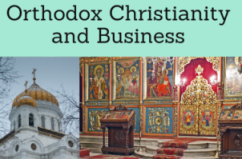
The Professional Course “Orthodoxy, Ethics and Business” (3 ECTS) taught by EENI Global Business School consists of two modules:
- Orthodoxy and Business
- Orthodox Economic Area
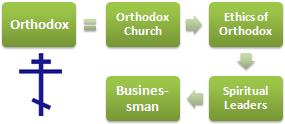
The objectives of the Course are the following:
- To know the pillars of Orthodoxy
- To understand the ethical principles of Orthodox
- To study the influence of orthodoxy on business
- To analyze the profile of important Orthodox entrepreneurs
- To know the presence of Orthodoxy in the world
- To define the characteristics of the Orthodox Economic Area
- To analyze the role of Russia as a Central State of the Orthodox Civilization
- To know the economic profile of the Orthodox Countries
- To understand the processes of economic integration of the Orthodox Economic Area
- To explore the economic relations of the Orthodox Civilization with the other civilizations
- To analyze the main Economic Organizations related to the Orthodox Economic Area
 Enrol / Request for Information
Enrol / Request for Information

- Credits : 3

- Duration: 3 weeks It is recommended to dedicate about twelve hours of study per week following a flexible schedule. It is possible to reduce the duration dedicating more hours a week
- Tuition Fees: EUR 72
- Open Online Enrollment
- Download the syllabus “Orthodoxy” (PDF)
- Orthodox Economic Area (PDF)
Languages: 
- Also available in For improving the international communication skills, the student has free access to the learning materials in these languages (free multilingual training).
 Ortodoxia
Ortodoxia  Orthodoxie
Orthodoxie  ortodoxia
ortodoxia
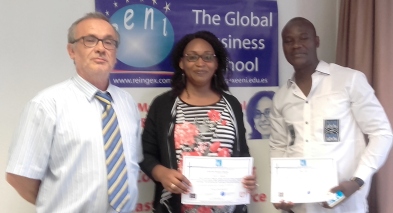
This course contains exercises that are evaluated, which the student must work out and pass to obtain the Diploma of the Professional Course “Orthodoxy, Ethics and Business” issued by EENI Global Business School.
This course belongs to the following Higher Education Programs taught by EENI:
Doctorate: Ethics, Religions, and International Business, European Business.
Masters: International Business, Foreign Trade, Religions and International Business.
Modules of the Course
1- Orthodoxy and Business (1 ECTS)
- Introduction to the Orthodox Christianity
- The Pillars of Orthodoxy
- The Orthodox Christian Church
- Patriarch of Constantinople
- The Russian Orthodox Church
- Hierarchy in the Orthodox society. Concept of autocephalous churches
- Countries with Orthodox majorities
- Influence of the ethics of Orthodoxy on business
- Leo Tolstoy: Leader of the Non-Violence (Ahimsa)
Orthodox Businessman and Companies.
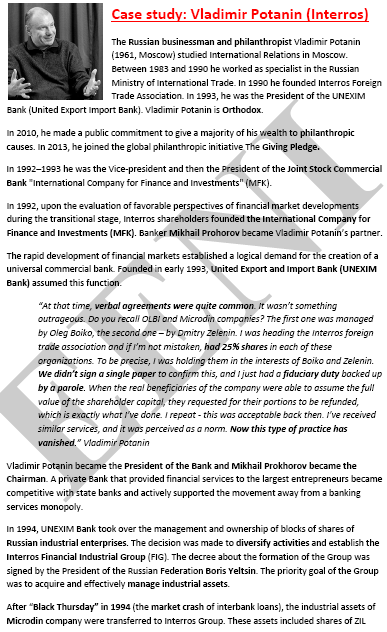
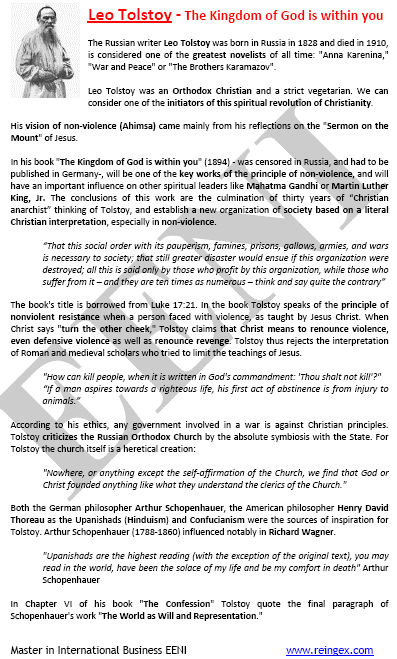
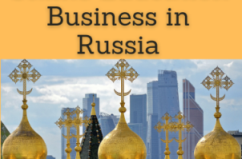
2- Orthodox Economic Area (1 ECTS)
- Introduction to the Orthodox Economic Area
- Influence of Orthodoxy
- Russia as a Central State of the Orthodox Civilization
- Economic Profile of the countries with orthodox majorities: Armenia, Belarus, Bulgaria, Cyprus, Georgia, Greece, Moldova, Montenegro, Macedonia, Russia, Romania, Serbia, and Ukraine
- Economic integration of the Orthodox Civilization (economic
organizations, free trade agreements)
- CEFTA: Albania, Macedonia, Moldova, Montenegro and Serbia (in addition to Kosovo and Bosnia and Herzegovina)
- Eurasian Economic Union: Armenia, Belarus and Russia (together with Kazakhstan, Kyrgyzstan)
- Commonwealth of Independent States: Russia, Belarus, Ukraine, Armenia and Moldova (together with Azerbaijan, Kazakhstan, Kyrgyzstan, Tajikistan, Turkmenistan, Uzbekistan)
- GUAM: Georgia, Moldova and Ukraine (in addition to Azerbaijan)
- Black Sea Cooperation: Armenia, Georgia, Moldova, Russia, Serbia, Bulgaria, Greece, Romania and Ukraine (together with Albania, Azerbaijan and Turkey)
- Commonwealth of Independent States: Belarus, Macedonia, Moldova, Montenegro, Serbia and Ukraine
- Adriatic-Ionian Initiative: Montenegro and Serbia
- Regional Cooperation Council: Moldova, Montenegro and Serbia
- Organization for Cooperation between Railways (OSJD): Belarus, Bulgaria, Georgia, Moldova, Russia, Romania and Ukraine (among other countries)
- Armenia, Belarus, Georgia, Macedonia, Moldova, Montenegro, Russia, Serbia and Ukraine are members of the Organization for Security and Cooperation in Europe (OSCE)
- Interactions of Russia as a central state of the Orthodox Civilization with the other civilizations:
- APEC
- Africa-BRICS Countries (Russia is a BRICS Country)
- Shanghai Cooperation Organization
- Council of the Baltic Sea States
- ASEAN-Russia Business Forum
- Relations with the EU
- European Neighborhood Policy: Armenia, Belarus, Georgia, Moldova and Ukraine
- EU-Russia
- Black Sea Synergy: Armenia, Georgia, Moldova, Russia and Ukraine
- EU-South Caucasus: Armenia and Georgia (together with Azerbaijan)
- GSP: Armenia and Georgia
- EU-Western Balkans: Macedonia, Montenegro and Serbia
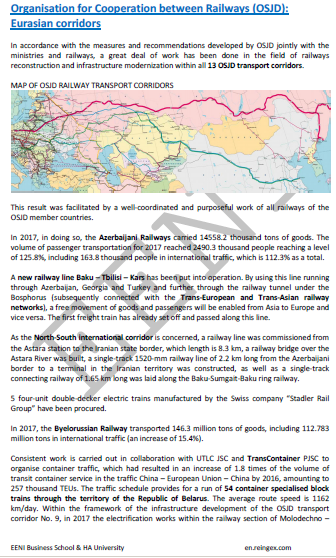

The Orthodox Christian Church is undoubtedly the most unknown in the West, though has about 250 million followers, making it the second-largest Christian Church.
- Orthodox Christianity is the largest religion in Belarus, Bulgaria, Cyprus, Georgia, Greece, Moldova, Montenegro, Macedonia, Russia, Romania, Serbia, and Ukraine
- It is also a major religion in Kazakhstan, with 44% of the population, Latvia (35%), Bosnia and Herzegovina (31%), Albania (20%), the Kyrgyz Republic (20%), and Estonia (16%)
Almost all of these countries were under the Communist dictatorship, during which was prosecuted or severely controlled. With the communism fall, Orthodox Christianity re-emerged with force
- For Orthodox, Jesus is the head of his church
- Unlike Catholic centralism, the Orthodox Church is organized into various autocephalous churches (do not depend on anyone else above, have the right to self-Government, may appoint their bishops) led by the Patriarchs
- All these churches are twinned with each other
- We do not find an equivalent figure to the Pope of Rome; Orthodox does not accept the dogma of the Papal Infallibility
- While the forms may be slightly different in both churches, Roman and Orthodox share the baptism, confirmation, communion, confession, and marriage. In certain cases (crazy, running away) Orthodox accepts the divorce
- Orthodox does not accept the Catholic dogma of the Immaculate Conception of the Blessed Virgin Mary
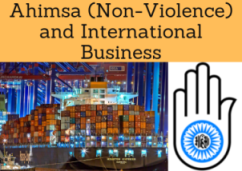

Symbol of the Orthodox Church.

Why study the course “Orthodoxy, Ethics and Business”?.
This Course is aimed mainly at executives and companies wishing to do business in Russia (a BRICS Country), a market where the influence of the Orthodox Christianity (300 million Orthodox) is fundamental. In general, the knowledge of Orthodoxy and its influence on business is very unknown, therefore it is necessary to know the pillars of Orthodoxy.
The course is also aimed at all those who wish to do business in the markets of the Orthodox Economic Area (Russia, Armenia, Belarus, Bulgaria, Cyprus, Georgia, Greece, Moldova, Montenegro, Macedonia, Romania, Serbia and Ukraine).
(c) EENI Global Business School (1995-2024)
We do not use cookies
Top of this page



